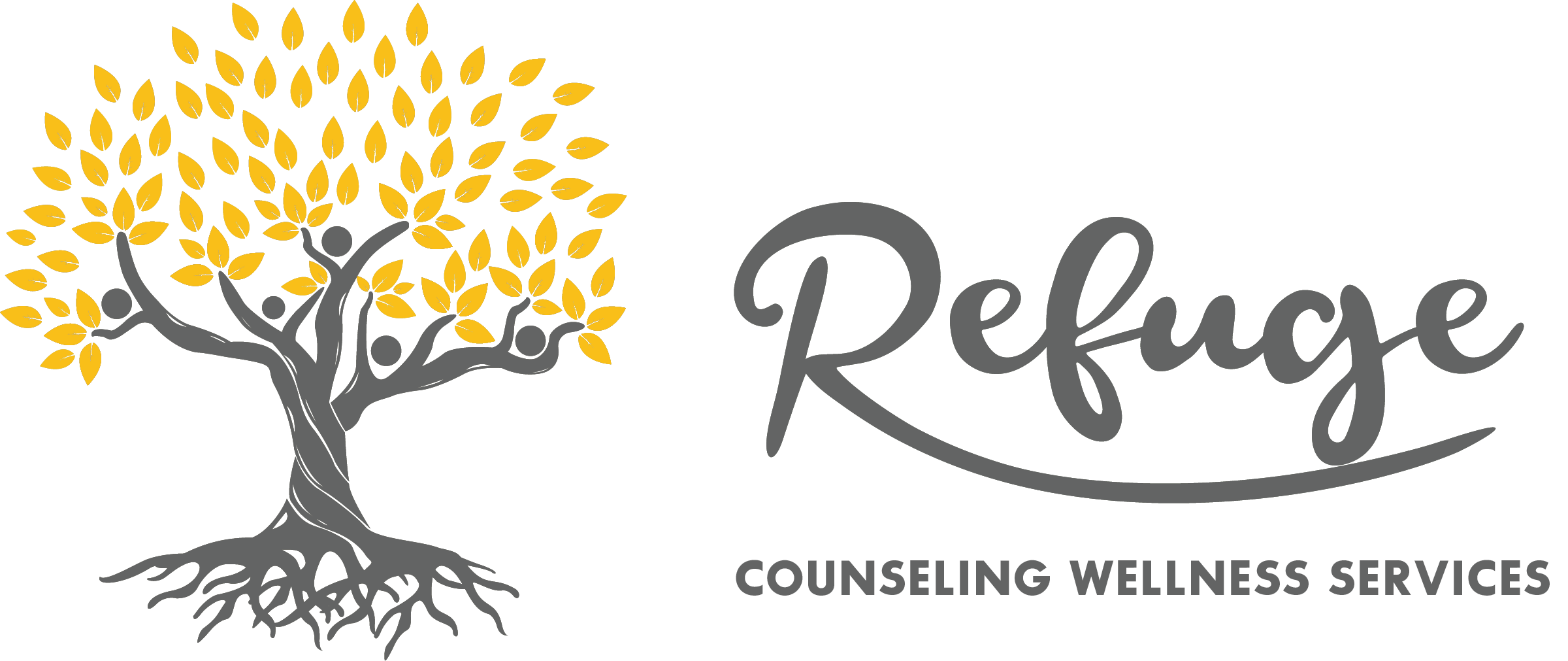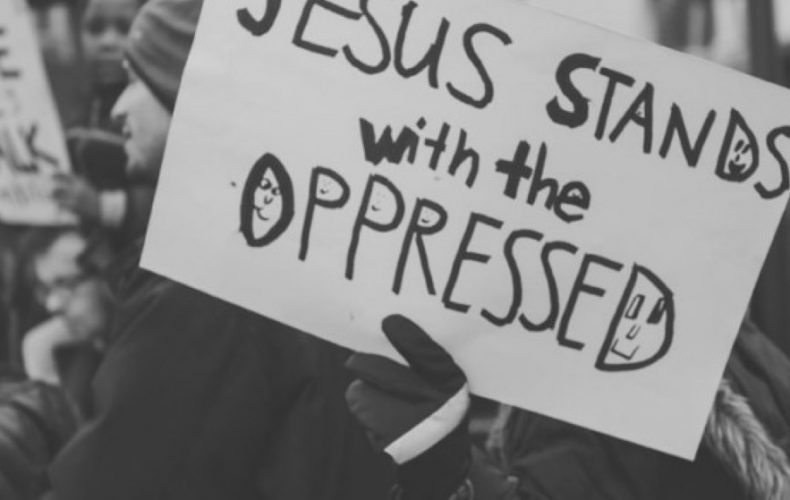Many people of color, particularly African/Black Americans, have been emotionally triggered recently as a result of two more fatal police shootings involving #Terrance Crutcher and #Keith Lamont that occurred in North Carolina and Oklahoma just a day a part last month, as well as other fatal shootings that have occurred throughout recent years, list of fatal shootings of black men and women. Triggers occur when an event or situation reminds you of another painful or traumatic situation in your life. This feeling is one of intense anxiety, mixed with overwhelming and crippling emotions like fear, that shocks the brain with increased levels of stress hormones.
Racial trauma or “race-based traumatic stress” occurs when one experiences racial harassment, institutional racism or witnesses racial violence (Bryant-Davis, & Ocampo, 2006; Comas-Díaz, 2016) — and I would add, racial partiality and racial discrimination as well. These experiences are considered traumatic because they produce an overwhelming and unmanageable emotional response. Massachusetts Supreme Court as an example, recently ruled that black men who attempt to avoid encounters by fleeing from the Police, may have a legitimate reason to do so and should not be deemed suspicious, adding that black males “might just as easily be motivated by the desire to avoid the recurring indignity of being racially profiled” (Vogue, 2016). When you examine the current events of police shootings of black men and black people in general, as well as personal anecdotes of racism in this Country, it is appropriate to suspect that many black Americans (as well as people of color), may be struggling with race based traumatic stress that may have progressed into PTSD (Post Traumatic Stress Disorder). **Please note, I am not formally concluding a diagnoses here. If you feel you are struggling with race base trauma or PTSD, please schedule an appointment where a formal assessment can be completed and appropriate treatment can be rendered**
Some general symptoms of PTSD include:
- Reliving the actual traumatic event through invasive thoughts, nightmares, or flashbacks.
- Avoiding situations, places and people that remind you of the painful memory.
- Negative changes in mood (feeling more sad, irritable or easily angered), as well as negative changes in how process information.
- Increase hypervilgilence or the feeling of being hyperaware of the threat of danger when there is no current danger.
Here are 8 things to do now to help your Black neighbor who may be struggling with race based traumatic stress:
Pray.
Ask the Lord to soften your heart to the concerns of your black neighbor. Confess and repent of any hidden bias, hatred, fear, indifference and any other sin that may be hardening your heart from listening, seeing the truth that racism still exist, empathizing and lifting up your brother or sister who is hurting in this area. We must start here because prayer prepares the heart for change I John 1:9
Listen.
Sounds pretty simple, but this act is often replaced by rebuttals, justifications and simply excuses as to why black Americans just need to “comply” or “obey” the police and everything will go well with them. That may be true for some, but many black individuals have very differing experiences that show that this is not true for them. Therein lies the concern as to why two juxtapose experiences exist. You serve black people well when you take a posture of listening and learning even if and when you disagree James 1:19
Avoid dismissing or minimizing one’s pain.
It only creates more pain and re-traumatizes a person when you dismiss or minimize one’s concerns. It is not helpful when you start sentences with, “if you would only…” You are essentially saying black people have no justifiable reason or right to be angry because had you “complied” or “respected” police orders, you would not have died. That statement and belief alone sounds very oppressive and places all of the blame and responsibility on the back of the offended and wounded party. This is doubly hurtful when this rhetoric is coming from influential Christian leaders such as Franklin Graham
Avoid the colorblind approach.
“I don’t see color” statement can be very hurtful to black people and people of color who are constantly reminded about the color of their skin because they are frequently treated differently as a result of it. The colorblind approach is not helpful for two reasons:
- It denies the reality that racism exist
- Second, colorblindness perpetuates racism because it highlights the concept of privilege. To say you do not see color is in fact a luxury if you are not constantly reminded or treated differently. Since the Lord God celebrates diversity, as Christians so should we. In heaven there will be many people from many tribes and tongues and languages worshipping the Lord on the throne Revelations 7:9 We are to embrace our differences and treat people impartially, not ignore our differences or treat individuals partially because of them.
Stop using diversion tactics.
This approach avoids addressing your black neighbors’ concerns. Bringing up things like “Black on Black” crime for example, is irrelevant to the persons concern at the moment. It can appear hurtful, dismissive and insensitive and it assumes that black people are not concerned about their communities. Many are very much so concerned and are doing the grassroots work towards building up their communities.
Empathize.
It means to nurture a heart of understanding even if you cannot completely relate to another’s experience. You can empathize when you imagine what it may feel like to be unheard, oppressed and abused. You can empathize with your black neighbor by showing a heart of compassion. Scripture tells us to weep with those who weep, mourn with those who mourn Romans 12:15. It does not say to do this only when you can completely relate.
Educate Yourself.
If you do not understand or see how systemic racism is presenting itself today and its effects on black people and people of color, you will have a difficult time connecting and loving your black neighbor well in this area. Here is a sample link to tons of gospel centered resources to help increase awareness: Resources, Pass The Mic Podcast, RAAN
Use your voice.
Speak up when you witness your friend, uncle, mom, dad, cousin, sister, brother, etc., say bigoted, prejudicial and unloving comments about individuals who do not look like them Ephesians 5:11. You can use your privilege and influence (as an example), to affirm the hashtag/statement #BlackLivesMatter as a theological affirmation of Genesis 1 and not necessarily agree with aspects of the organization. As a Christian, you can affirm it simply because God has created black people in His image Genesis 1:27, and they matter too. Lastly, you can use your level of influence to speak out against racial injustice or injustice of any kind, recognizing that these topics are gospel issues that merit acknowledgement and a response from the Body of Christ Isaiah 1:17.
This is by no means an exhaustive list of things to do, but they are immediate tips to begin applying today to help us love one another well in this area. This sets the foundation for healing to occur on both ends and is the building blocks for racial reconciliation and gospel unity.
______________________________________________________________________________
References
Bryant-Davis, T., & Ocampo, C. (2006). A therapeutic approach to the treatment of racist-incident-based trauma. Journal of Emotional Abuse, 6(4), 1-22.
Vogue, Ariane. (2016, September 22). Massachusetts court: Black man fleeing police does not signify guilt

